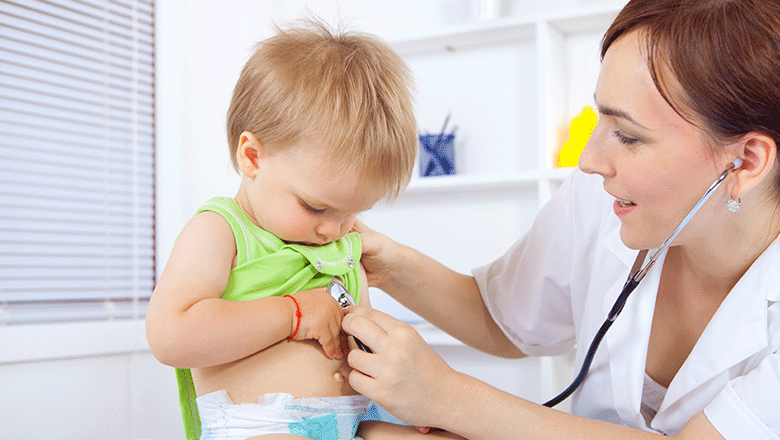Search
Research
Using ambulatory monitoring to investigate awake breathing irregularities in Rett syndrome in Australian population-based and Italian clinic samplesHelen Jenny Leonard Downs MBChB MPH BApplSci (physio) MSc PhD Principal Research Fellow Head, Child Disability +61 419 956 946 08 6319 1763
Research
Using participatory design to create impactful health promotion messages regarding alcohol use in pregnancyInvestigators: Tess Fletcher The overarching aim of this proposed research is to explore the limitations of existing alcohol and pregnancy messages
Research
UVB phototherapy for participants with an early form of multiple sclerosisMatt Prue Stephanie Cooper Hart Trend BCA Marketing, BSc Statistics and Applied Statistics, PhD BSc (Hons) MSc PhD BSc PhD Manager, Biostatistics
Research
Walkern Katatdjin (Rainbow Knowledge)Shakara Yael Bep Liddelow-Hunt Perry Uink BPhil(Hons) BPsych (Hons) MPsych (Clin) PhD BPsych(Hons.), MAppPsy(Clinical), PhD Research Assistant; PhD
Research
Young Minds MatterYoung Minds Matter is the largest survey of child and adolescent mental health and wellbeing ever conducted in Australia.

Join us for stories, imagination and connection in the Discovery Centre

News & Events
Study finds high RSV awareness with parents open to future immunisationA The Kids Research Institute Australia study designed to gauge community awareness of respiratory syncytial virus (RSV) has found parents and parents-to-be are highly aware of the virus and are open to immunisation to tackle it.

News & Events
Study confirms maternal whooping cough vaccine protects babies at critical ageA The Kids Research Institute Australia and Curtin University-led study has found the maternal whooping cough vaccine given to pregnant mothers in the second or third trimester significantly reduced babies’ risk of infection, protecting them at their most vulnerable age.

News & Events
Latest Deborah Lehmann Research Award RecipientCongratulations to Dr Paula Tesine who is the successful recipient of the Deborah Lehmann Research Award. As the third recipient of the Deborah Lehmann Research Award, Dr Tesine received $30,000 towards her research.
Registration Testimonials Registration for IIC Perth includes: 2-day lecture program with global experts in infectious diseases Course materials
